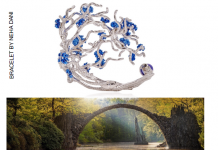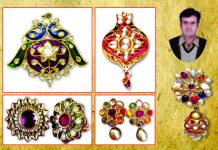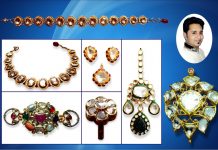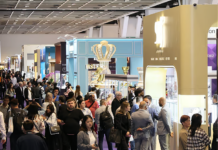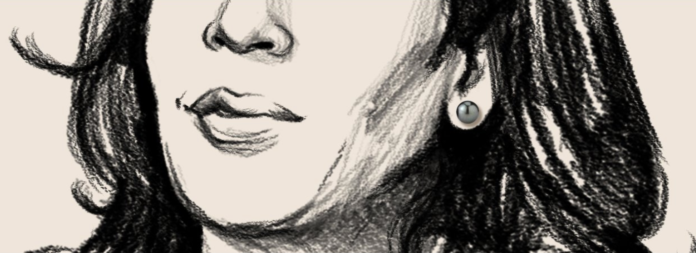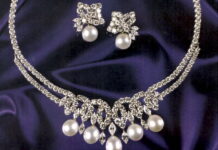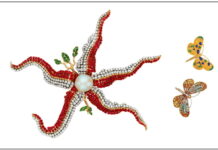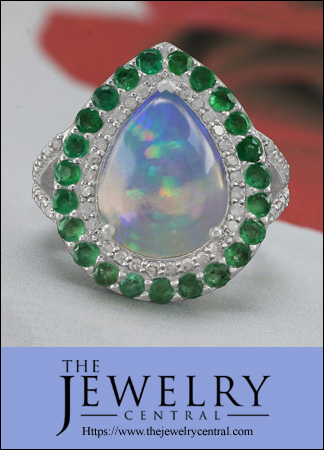The COVID-19 pandemic has left a big mark on the world – and studies show that women are the most affected category, especially when it comes to employment.
The Stats and the Setbacks
The Bureau of Labor Statistics reports that for the month of January 2021, 275,000 women left the workforce, compared to 71,000 men. Since the beginning of the pandemic, 2.4 million women lost their jobs in comparison with less than 1.8 million men. It is estimated that by the end of the year, progress for women in work will reverse to 2017 levels, based on research conducted for PwC’s annual Women in Work Index.
The explanation behind these staggering discrepancies: according to Brookings, more women than men work in face-to-face jobs, as well as lower wage jobs. These two categories were the most impacted by the COVID-19 pandemic, since transferring these type of positions to a remote work system is highly unlikely. Many women around the world work in retail and in the hospitality industry, which were both severely impacted and experienced high numbers of job loss.
Moreover, the 2020 Women in the Workplace study shows that working from home is more difficult for women than for men. According to the research, mothers currently work an extra 3 hours / day in caregiving, which translates to 15 hours a week. Other studies indicate that women report that working from home while also taking care of children is more demanding and impacts their productivity and stress levels.
Fashion, Female Empowerment and Pearls
Many industries are currently taking steps to minimize the damaging effects of COVID-19 on women. Among them, the fashion industry. In moments of crisis, certain symbols emerge – and historically, pearls present a strong connection to militating for the empowerment of women.
During the early days of the 20th century, the suffragette movement that fought for the women’s rights to vote had pearl-enriched pins in the limelight, as a symbol of the wearer’s allegiance to the cause. The suffragettes were not the last time pearls and women’s empowerment went hand in hand. Back in 2018, Hollywood’s leading actors attended red carpet events wearing elegant pearl pins, as a way to show support to women in the film industry in the midst of the #TimesUp movement. The pearl pins represented the commitment to actively look for projects directed, written, and produced by women and other marginalized groups in an attempt to empower said groups and provide equal opportunities.
Power Pearls – Inspired by Women Who Make History
From their elegance to the meaningful symbolism behind their lustrous and delicate appearance, there are many reasons why pearls have been long favored by powerful women. From Hilary Clinton to Nancy Pelosi and Kamala Harris, the list of women in politics who appreciate the gems of the sea is vast and varied – and the public always takes notice. Kamala Harris’ unique style started viral trends that took social media by storm, with the most notorious being #chucksandpearls, describing the vice president’s eclectic, yet modern style combination of elegant pearl necklaces and casual sneakers.
Inspired by the strong correlation between pearls and women in the workforce and celebrating Women’s History Month, leading online pearl jewelry retailer The Pearl Source launched a new collection called Power Pearls. The curated selection features a wide range of statement jewelry pieces showcasing the alluring gems, ranging from pearl earrings to statement gold pearl necklaces – and it’s inspired by vice president Kamala Harris. A portion of the proceeds go to Dress for Success, a nonprofit dedicated to the economic empowerment of women across the globe. The collection is an homage not only to women who make history, but also to women who aim to enter or advance in their career. Dress for Success is mainly focused on providing professional attire for lower-income women in order to help them in their job-search, as well as in the interview process.
The damaging results of the pandemic are calling for immediate measures – and every type of support counts. One way that the fashion industry can help is by supporting the empowerment of women globally, while focusing on the groups impacted most: working women.
Disclaimer: This information has been collected through secondary research and TJM Media Pvt Ltd. is not responsible for any errors in the same.

